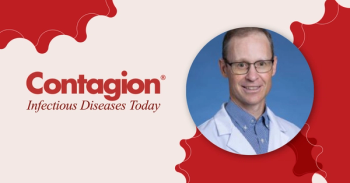
More Information Needed to Understand PrEP Options and Efficacy
Pre-exposure prophylaxis (PrEP) is safe and effective for preventing HIV when used correctly, but this information is not as well-known as it should be, new study finds.
At
There are different forms of PrEP available and in development, including the injectable cabotegravir long-acting, which the FDA granted Priority Review for a New Drug Application
Tran and fellow investigators sought to identify what influences if MSM prefer long-acting injectable PrEP versus daily oral PrEP, and whether they have confidence in the safety and efficacy of PrEP.
The team recruited 28 HIV-negative MSM in Philadelphia, PA from January-May 2021. The men were found through social media platforms and invited to participate in a mixture of focus groups and semi-structured interviews.
The participants were of mixed ethnic and racial backgrounds (8 Black, 10 Latinx, 10 White), but the focus groups were kept homogenous so investigators could pinpoint any significant differences in discussion themes.
As predicted, participants had a range of opinions and rationale for their preference of long-acting injectable PrEP or daily pills. They majority of those who favored injectable PrEP were attracted by the infrequency of this method, and cited the convenience of not having to remember to take a daily pill. The opposition to injectable PrEP was largely prompted by fear of needles/injections, concern of potential side effects, and doubt in the efficacy of this treatment method as compared to the PrEP pills.
While Black and Latinx men reported being disillusioned by experiences of racism or other discrimination in the healthcare industry, they reported that they would be more willing to consider injectable PrEP if their healthcare providers provided detailed information about the risks, benefits, and efficacy of the injections.
Tran and his research team concluded by strongly recommending that healthcare professionals work to alleviate the concerns surrounding PrEP methods to MSM and other groups at risk for HIV.
Newsletter
Stay ahead of emerging infectious disease threats with expert insights and breaking research. Subscribe now to get updates delivered straight to your inbox.



































































































































